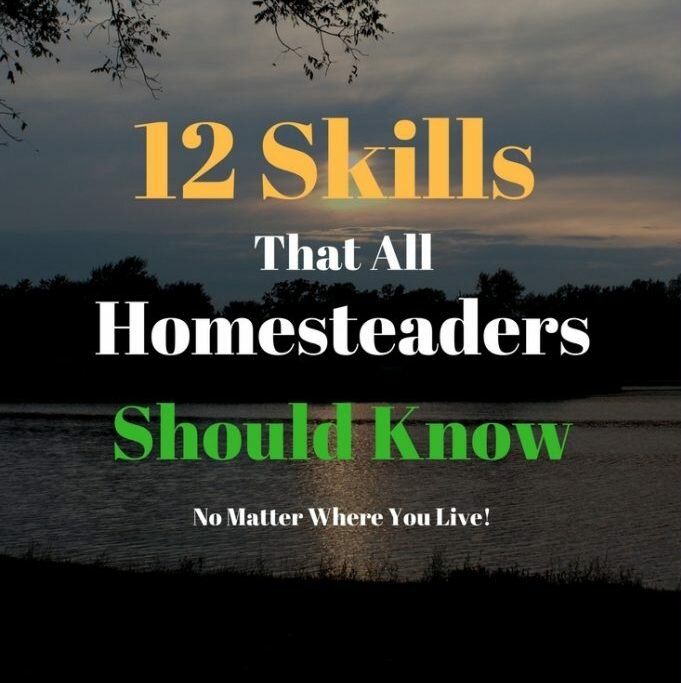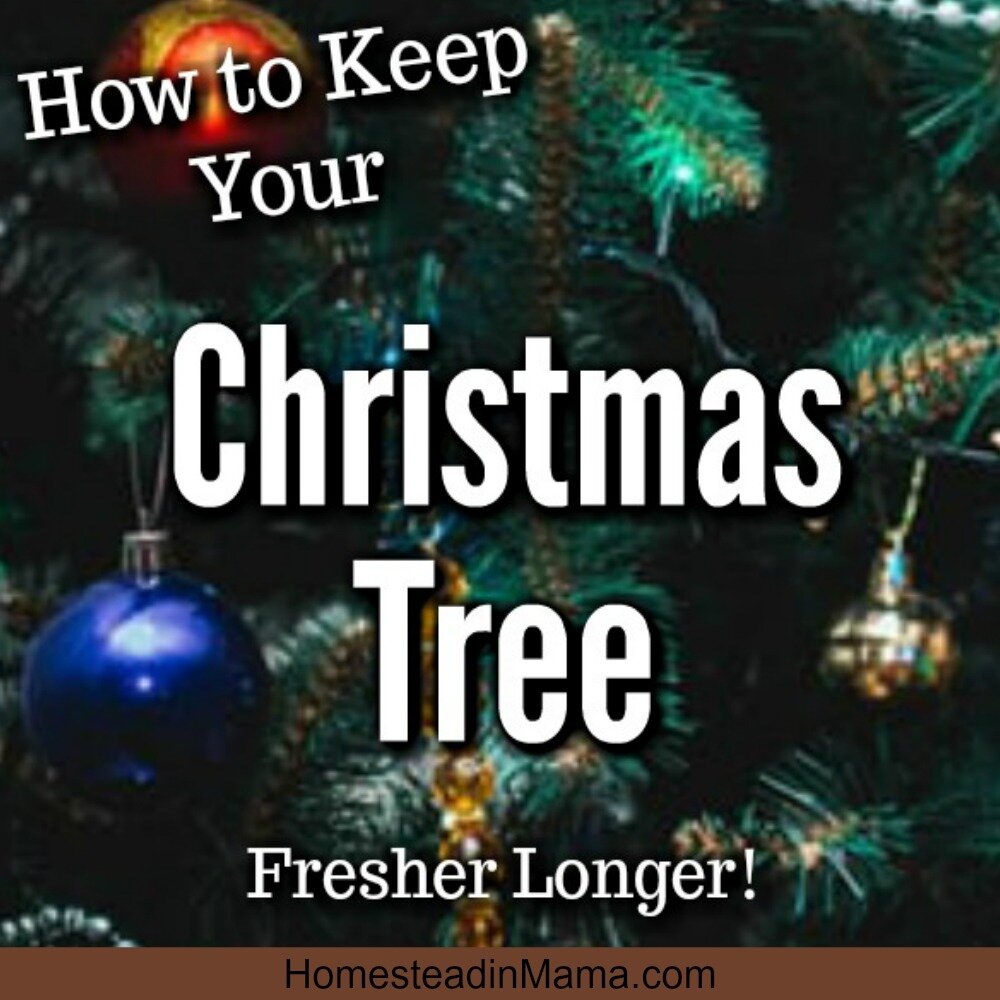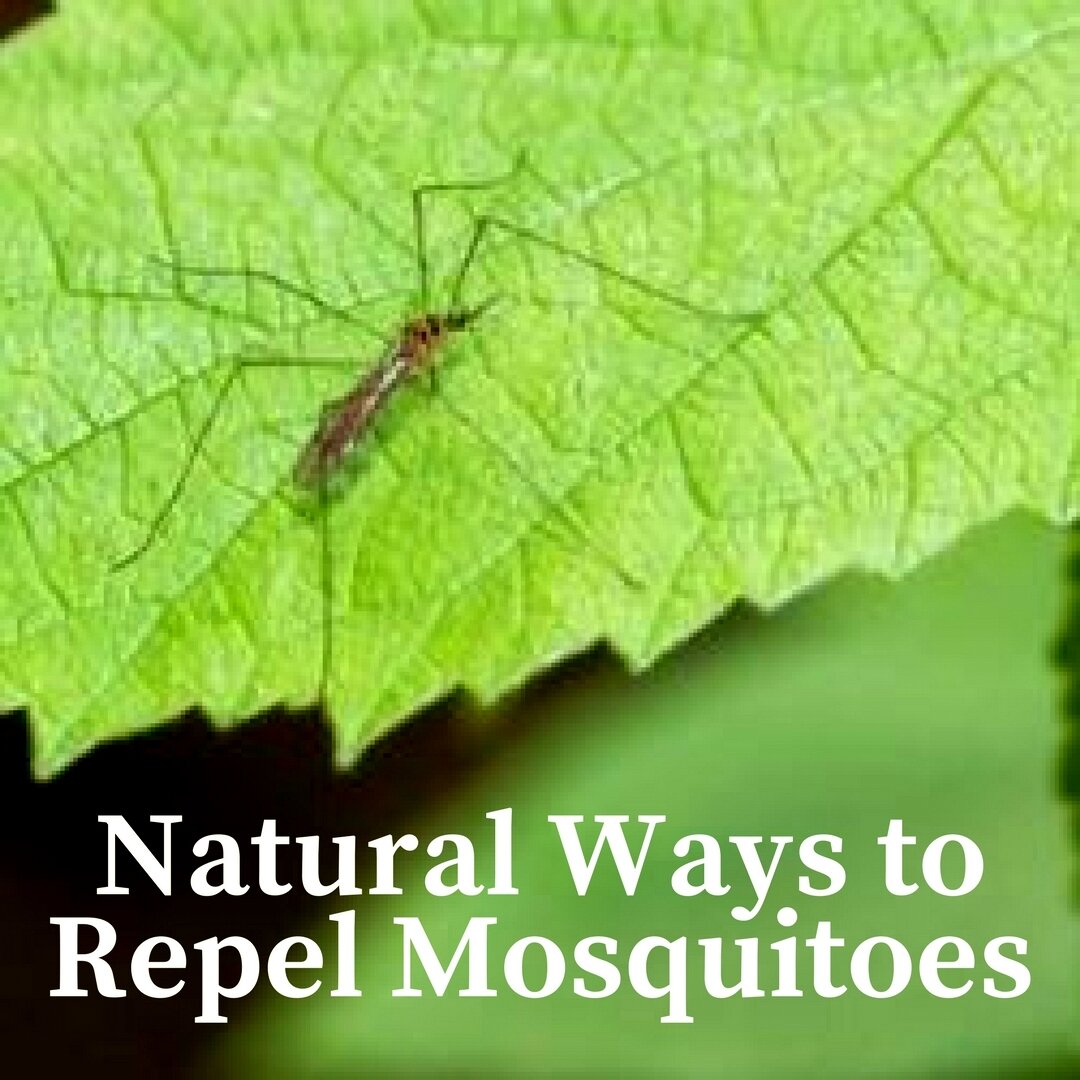 Homesteading is all about doing more for yourself and your family, and there are certain skills every homesteader should know. These basic but important skills will help you save money and give you peace of mind to tackle even more ideas and projects in the future. Having a good foundation of homesteading skills is what sets a successful homesteader apart from the rest.
Homesteading is all about doing more for yourself and your family, and there are certain skills every homesteader should know. These basic but important skills will help you save money and give you peace of mind to tackle even more ideas and projects in the future. Having a good foundation of homesteading skills is what sets a successful homesteader apart from the rest.
Remember, homesteading is not about location (at least for me), but a mindset. Whether you live in an apartment or on 100 acres, if you don’t have skills, you can’t do more for yourself. Mastering these basics skills will give you a rock solid foundation on your journey of doing more for yourself and your family.
How to Bake Bread
To me, a fresh loaf of homemade bread tastes better than anything you pick up in the store! Not to mention store breed is packed full of preservatives to give it a longer shelf life. If you are rural, you may not go to the store often. I try to only shop twice a month. Sometimes a store bought loaf won’t last that long because it is consumed or gets moldy. What is a homesteader to do? Make your own! Making a basic white breed is super simple and a great place to start honing those baking skills. If you still have trouble or just don’t like to kneed, invest in a breed machine.
How to Grow Food
Gardening can be done on large plots of land, or if you are an apartment dweller, in containers on balconies and window sills. Why is growing your own food an important homesteading skill? Because it is a great way to save money on groceries AND you know where your food comes from. You can avoid chemicals and GMOs by producing at least some of your own food.

How to Freeze Food
If you garden, freezing food is a great way to preserve excess fruits and veggies so they don’t go bad before you can eat them. You can also freeze meat you produce. Of course if you don’t grow your own food, you can save money by buying in bulk when things are in season. Freezing is a way to stretch your harvest and your money a little further. Using a vacuum sealer when freezing will extend the life of your food in your freezer as well.
How to Can Food
Another form of food preservation is canning it. I know a lot of folks are scared off by pressure canners but if you are going to get into canning, spend the extra to buy a pressure canner even if you aren’t ready to use it. A pressure canner can double as a water bath canner but you can’t pressure can in a water bath. Make sense?!? Save yourself some money down the road because once you start canning, you will realize some food items have to be pressure canned for food safety. And let me tell you, there is nothing prettier than a pantry full of jars of yummy goodness in the middle of winter.
How to Compost
If you are growing some of your own food, you will want to learn the ins and outs of composting. It’s a great way to recycle items such as kitchen waste, leaves, and even some paper products. Composting will provide your plants/garden with wonderful nutrients. Composting can be done in counter top bins in an apartment and can progress to outdoor piles and explorating the wonders of vermicomposting. Spoiler alert! Worms are great little composters!
How to Mend Clothing
It not about being cheap when it comes to mending your clothing, it’s about being frugal. I’m not saying you have to start darning your socks, but you should know how to do some basic hand stitching so that you can fix a button, close a seam, and repair a tear. Once you master simple hand stitching you can move on to a machine and start making things like pillowcases and PJs!
How to Store Water
Whether you are urban or rural, water can become an issue at times. Water can become contaminated, pipes freeze, and wells can have pump failures. It is better to be prepared then to scramble when something does go wrong.
The amount of water you can store will of course depend on your location. Apartment dwellers can use WaterBricks, which hold 3 ½ gallons and can easily be stored under a bed. For larger homes you can get 5 gallon water bottles. If you have a lot of livestock, investing in a FOOD GRADE 55 gallon water kit or water blob would be ideal.
Whatever method you chose, as with any other skill, do your research. Some storage is good for a few months while others can be stored for years. Make sure you know when to clean and refill them!
How to Light a Fire
Maybe you don’t heat with wood, but at some point you might need to build a fire to cook or for heat if the power goes out. Every spring we make maple syrup and we have to light a fire each time we use our evaporator. Knowing how to properly light a fire takes a lot of stress out of what could be an emergency situation. Learn what items make good fire starters and how to properly position wood so as not to smother out your flames. You don’t need and you shouldn’t use gas to start a fire! A match and some knowledge should get you where you need to be.

How to use tools
I don’t care if you are a homesteader or Susy Homemaker, everyone should know how to use basic tools. Whether it is hanging a picture or something more advanced like building a chicken coop, you are going to need to know how to PROPERLY use tools. Learn about them BEFORE you start a projects because some tools, if not used properly, can do major damage. Don’t feel silly to ASK others for help learning how to use power tools or chainsaws. We all have to learn from somewhere! And if you have more advanced tools, learn how to properly care for them. Keep things cleaned, oiled and sharpened.
Basic First-Aid
It is always best to have a first aid kit put together BEFORE you need it. When you are using tools, tending critters and living life, well life can happen. Learn how to tend basic injuries and illness. You may find yourself in a position that you are your own and only first responder. Knowledge is a great thing to have in a time of need.
How to Care for Livestock
While livestock may not be an option for apartment dwellers, if you have a backyard you can totally have a couple chickens! Depending on what you want to raise and the space you have available, my recommendation is to always research BEFORE getting new species you are unfamiliar with. There are plenty of good books out there that will help you learn about cows, sheep, bees, and so on. Make sure the livestock is a fit for you BEFORE you get them. Having animals mean added work to your daily routine. There will be poo!
How to Barter
For me, knowing how to barter is one of the most important skills a homesteader can have. If you know how to do nothing else on this list but barter, you can learn how to do the rest. Being able to trade what you have to get or learn what you need is an awesome skill. Not only does it save you money, but it helps build connections.
Maybe you don’t know how to can, but you have a ton of green beans. Ask someone who does know how to can to teach you how in exchange for a few jars of beans. You can trade eggs, homemade bread, and some of your garden produce for help on a building project. Be creative! Don’t have something to exchange, what about your time? Babysitting, cleaning, or helping on a building project could get you what you want and/or need.

There are many more skills that will be needed along the way, but homesteading is a journey, and these 12 skills are a great place to start!


Great information for all. Even starting one thing will improve your life (and inspire you to do the next thing.)
All about baby step!
I love that we now live in an area that we can compost in. You don’t really know how much waste you create until you see it in a heap! Bread making and gardening made my list of homesteading skills you can start out with as well
Compositing is so much fun and very rewarding
We can honestly say we know how to do all of these homesteading skills. We actually do all these skills. Found you on Wonderful Wednesday Link Party
That is awesome! Now it’s time to start learning more advanced skills!
My husband would be so thrilled to know that I read your blog posts! He is so into homesteading, and wants to do this one day. We are always watching the homesteader’s show on TV. This looks like such a great post with 12 skills you should know.
Don’t wait for some day! You can totally do these skills where you are now 🙂
Great list! I’m a year into my homesteading journey and I spent the first year gardening, canning and keeping chickens. I’ve also made a few loaves of bread. One thing I definitely need to learn is how to sew. Never been able to master that one, but man would that save money instead of buying new whenever I get hole, pop a button or lose a zipper!
I’m still working on zippers myself
Even though I’m not a homesteader, I can see how many of these skills could come in handy for all of us. Thanks for sharing!
Maybe you just don’t know you are a homesteader, yet! LOL Honestly, these skills are really just life skills that so many people don’t have any more, sadly.